On June 23, 2021, K.S. Park spoke at a workshop hosted by the UN Special Rapporteur on the Right to privacy (UN SRP) with the support of the Global Privacy Assembly (GPA), titled to “COVID-19: the available evidence… little bit of hindsight.” Please find the full 3-day conference program here.
Concept note for the workshop:
In July 2020, barely six months into the first public signs of the pandemic, the UN Special Rapporteur on the right to Privacy (SRP), Prof. Joe Cannataci, submitted a preliminary report to OHCHR which he then presented to the UN General Assembly in October 2020 https://undocs.org/A/75/147. In that report he considered that the evidence base required to reach definitive conclusions on whether privacy-intrusive, anti-COVID-19 measures are necessary and proportionate in a democratic society was not yet available. The Special Rapporteur examined two particular aspects of the impact of COVID-19 on the right to privacy: data protection and surveillance. COVID-19-related surveillance and contact tracing may take various forms, and could be manual or technological, anonymous or not, consensual or non-consensual. The SRP suggested that concerns arise when surveillance apparatus traditionally employed for State security purposes is proposed or hurriedly deployed for a public health purpose to track health data in the context of a pandemic. If a State decides that technological surveillance is necessary as a response to the global COVID-19 pandemic, it must make sure that, after proving both the necessity and proportionality of the specific measure, it has a law that explicitly provides for such surveillance measures. The law must include safeguards, which, if not spelled out in sufficient detail, cannot be considered adequate under international law.
This June 2021 workshop is intended to form part of the consultation intended to examine the next batch of available evidence. More specifically it is intended to provide the wider privacy community, including NGOs and academics as well as Governments and independent regulators, with an opportunity to articulate further and hopefully seek some answers to questions such as
… what would we have done differently re COVID-19…and privacy? What did we get right? Which are the mistakes which should be avoided?
To determine the necessity and proportionality of a tool used in the fight against COVID, which are the true metrics for measuring success or failure? Total number of infections or deaths per capita? Both? Is an economic context essential for answering these questions and if so which is ethically acceptable?
To what extent, if any, were smartphone apps or other forms of surveillance, successful tools in fighting COVID? Which? Where? When? Why? How?
Voluntary vs. Mandatory use of Apps. What works best if at all? Which is acceptable?
If, in a pandemic situation, smartphone apps can be proved to be a necessary and proportionate measure in a democratic society, what type of apps would be permissible and what kind of safeguards and remedies would need to be in place?
How can the mandatory use of “vaccine passports” for travel be justified in a democratic society? What safeguards must be in place for the protection of health data on such passports?
08h15 – 11h00
Session 1 – COVID-19 and Privacy in Asia, Australasia and Europe
Governments, NGOS and academics will be allocated 10-15 mins speaking time during this session on a first-come first serve and by invitation basis. They will be invited to address some or all of the questions outlined above and/or those which figured prominently in their own countries.
Moderator: Dr. Elizabeth Coombs, Chair, Taskforce UN Special Rapporteur on the Right to Privacy on ‘Privacy and Personality’
Rapporteur: Ketan Modh (India)
Participants:
- Dr. Katherine Kemp, Senior Lecturer, Faculty of Law & Justice, University of New South Wales (Australia)
- Prof. Graham Greenleaf, Professor of Law & Information Systems, University of New South Wales (Australia)
- Dr. Ram S Sharma, CEO, National Health Authority (India)
- Prof. Park Kyung-Sin, Professor, Korea University Law School (SouthKorea)
- Dr. Claudia Pagliari, Senior Lecturer and Director Global eHealth Group,University of Edinburgh Medical School (United Kingdom)
- Prof. Yuval Shany, Hersch Lauterpacht Chair in Public International Law,Faculty of Law, Hebrew University of Jerusalem (Israel)
- Prof. Nikolaus Forgó, Professor of IT and IP Law, University of Vienna(Austria)
Open discussion [approx. 30 mins)
Importantly, Prof. Shany discussed the recent January 2021 Israeli Supreme Court’s decision that struck down substantively the mandatory contact tracing done by Israeli authorities (See selected slides below). Prof. Greenleaf presented the eight principles (PPT) that the states must abide by in designing centralized contact tracing efforts. Prof. Forgó presented the successful European model of mitigation efforts in Denmark (see selected slides below). K.S. Park have advocated for a universal non-relativist human rights framework within which Koreas mandatory contact racing laws can be evaluated, and this event was closed to reaching that goal, he says.
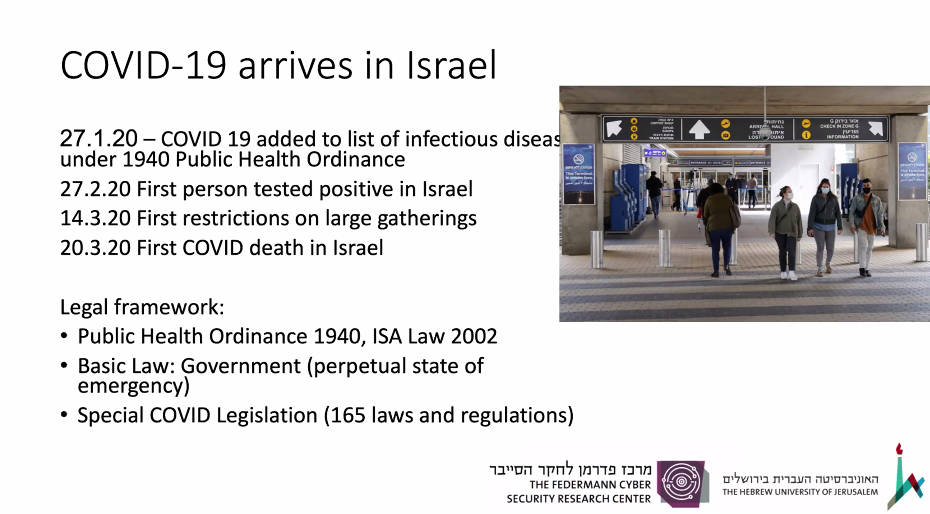
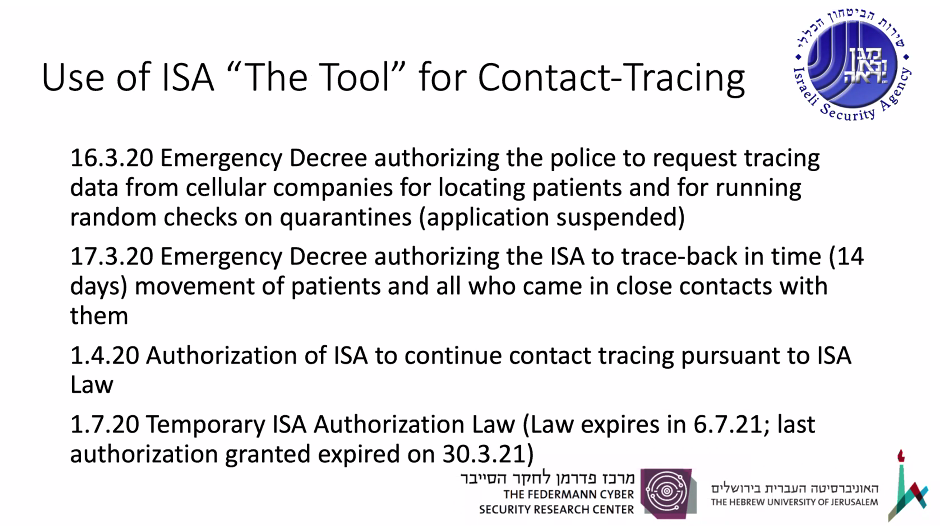
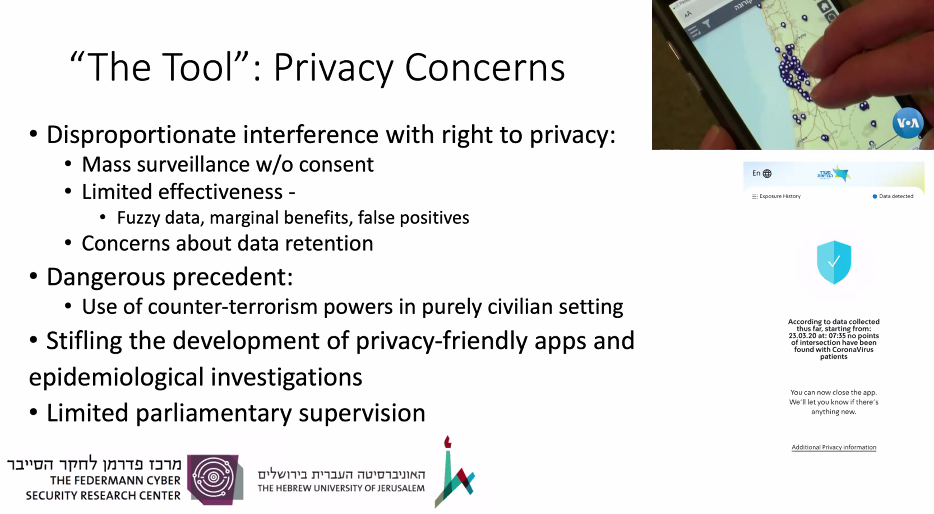
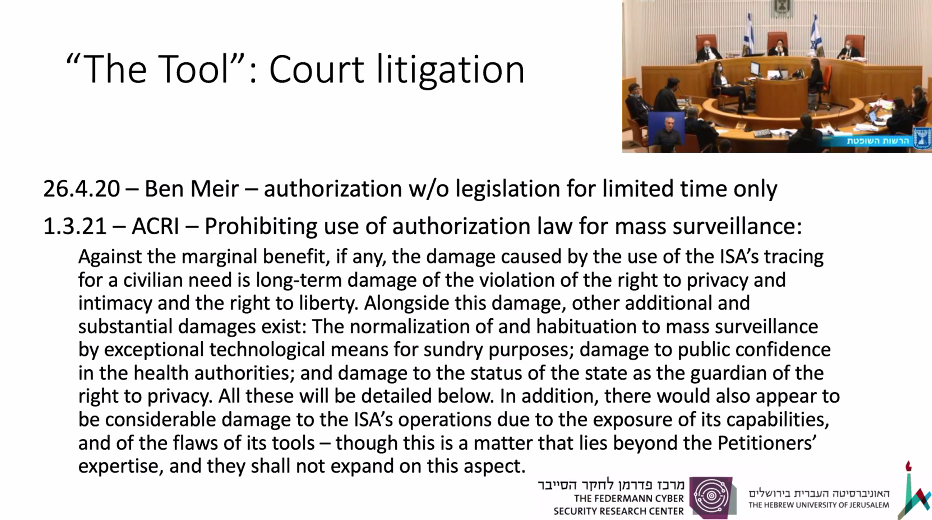
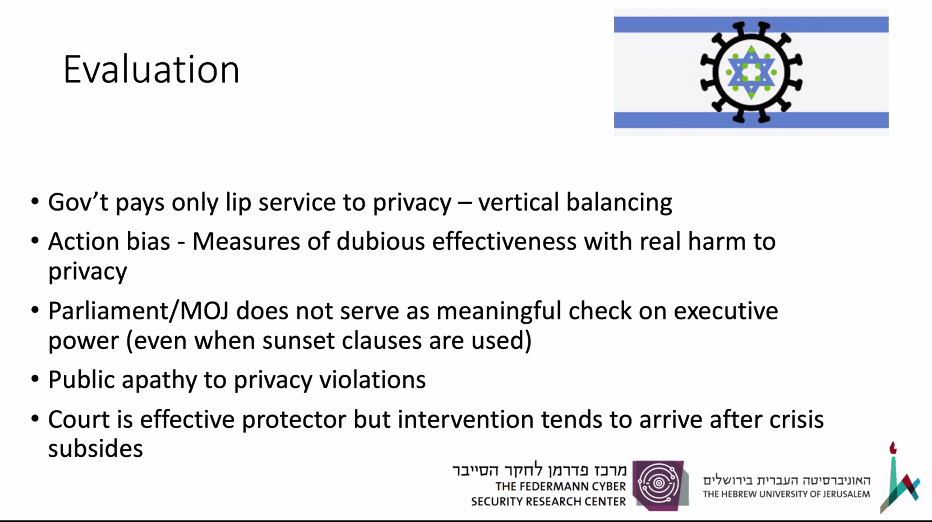
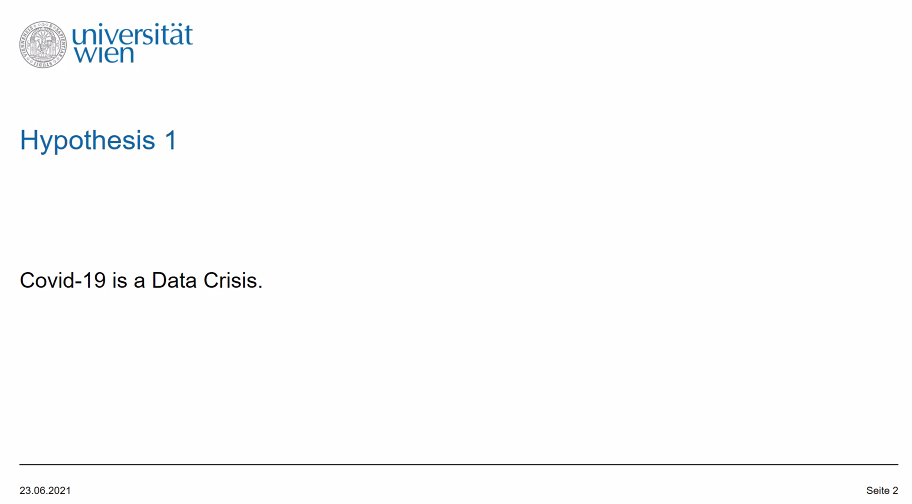
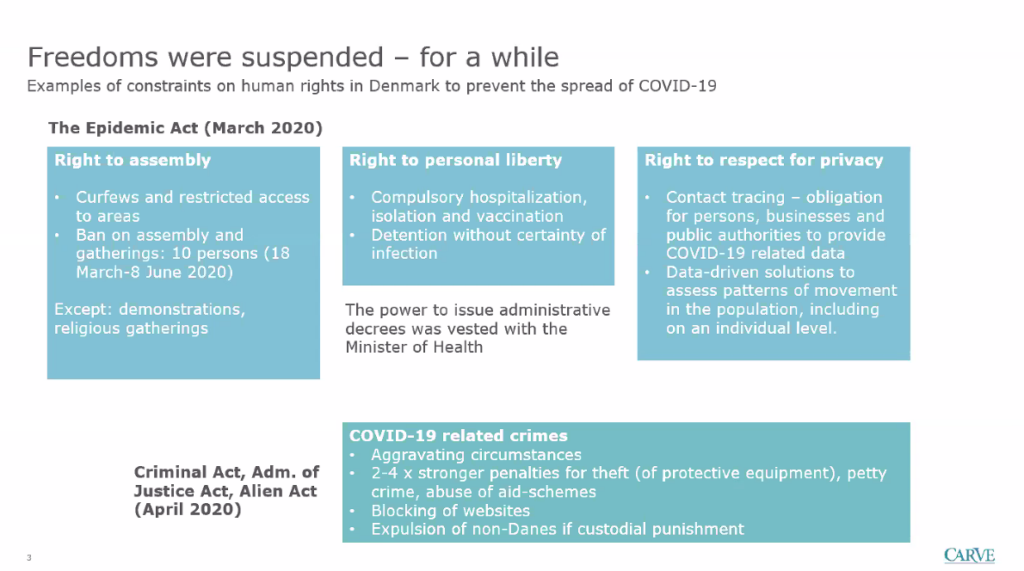
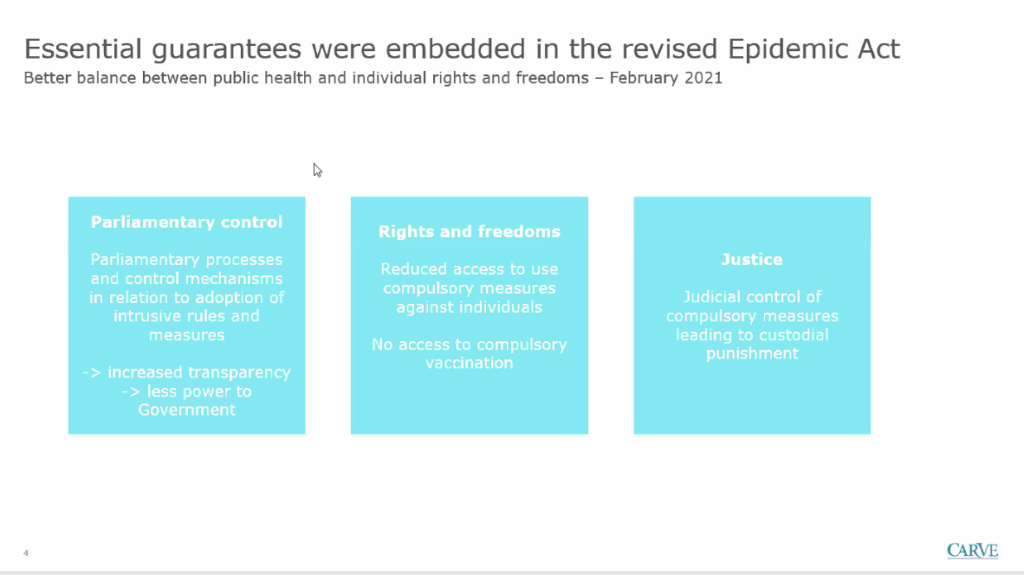
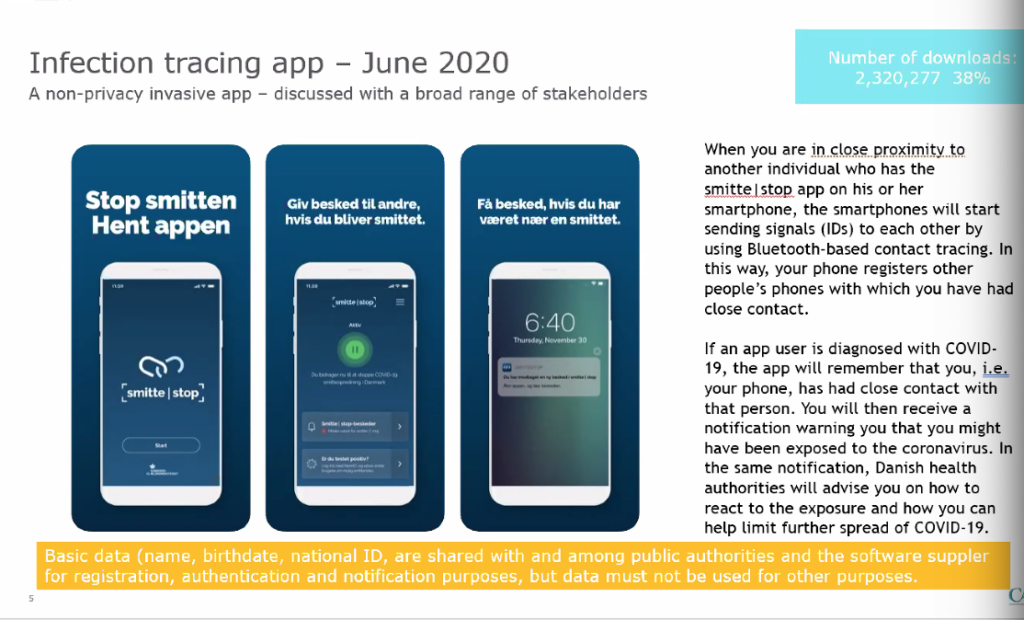
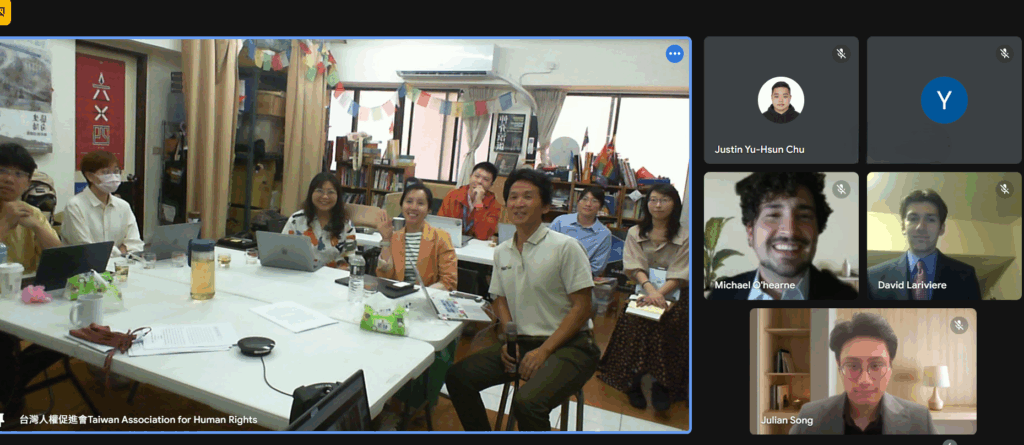

0 Comments